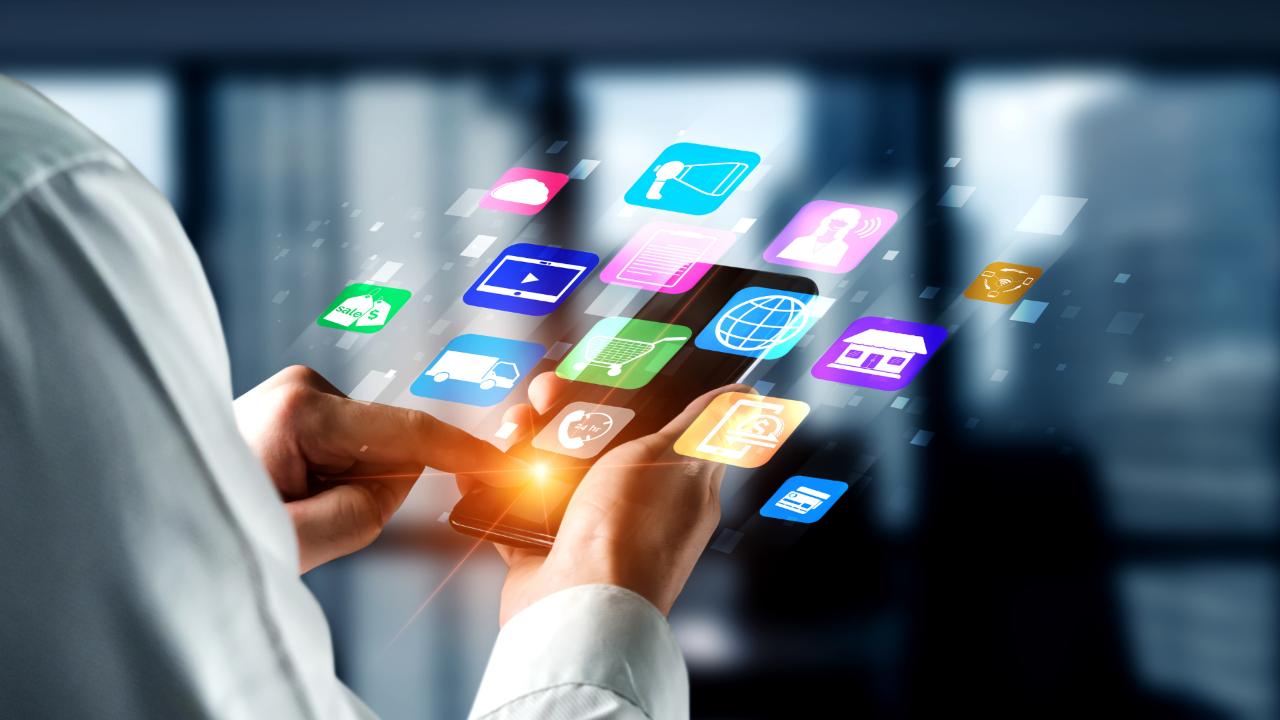From Textersations to Isolation: Rediscovering Human Connection in a Digital Age
May 16, 2025
We can’t talk about human connection without addressing technology. We live in a world where information is instantaneous. Anytime we have a question, our first step is to “Google it.” People use the internet for everything, because everything is at our fingertips the minute we type a word. In fact, Google is so smart that you don’t even have to finish the word and it already tells you what you’re looking for. It’s amazing. That being said, this wondrous world of instantaneous information has created an expectation of instantaneous response. We used to send an email and expect a response back in 24 hours. Then we wanted it by the end of the day, and then within a few hours. If that’s not good enough we send a text and expect an instantaneous response. We even get irritated if our text isn’t acknowledged within the first five minutes after we hit send. Wow, are we even allowed to go to the bathroom anymore? Nope. Take your phone with you!
Let me be clear, I think instant information is wonderful, and I love how productive, efficient, and effective technology has allowed business to become. However, our society has become addicted to technology and being connected to instant information. I don’t know about you, but I have literally turned the car around, driven 20 minutes out of my way, and missed a meeting, just because I forgot my phone at home. What’s really funny is that I wasn’t even expecting a call, text, or an email. I just felt naked without my phone. Yep, naked. And I was scared that I just might miss something if I didn’t have my smartphone attached to my hip. I’ve done this more than once, even though I’ve had my laptop and tablet with me the whole time. Even with all the other supporting technology, I was still freaked out that I didn’t have my trusty life companion right by my side. Interesting; I said companion. I believe that word is quite appropriate for the average person in today’s world.
In today’s society, technology has become our companion. We look for love online, entrench ourselves in social media, and text constantly. It’s now okay to have meaningful conversation via text—those conversations are called textersations. The average business professional sends and received a total of 115 emails per day—that’s a lot of emails. People spend, on average, 30 percent of their workday just reading and responding to emails. And that’s just the average.
The resounding conclusion is that most people’s companion in life is their smartphone, laptop or tablet. I’m not sure why everyone’s online looking for love; their phone is right there! Who needs human interaction? You just need Google… until you find yourself exhausted, energy-depleted, and starving for human attention, for someone to actually talk to you, look at you, and be completely engaged in conversation with you, so you can feel their energy through their voice, their eyes, or their touch, and know that you’re valued and accepted. That, my friend, is really what the Human Energy Crisis feels like. Even though we’re connected to everyone and everything, we’re starved and alone, because in actuality we’re connected to nothing human. People aren’t stopping long enough to experience the one thing this the source of healthy energy: true human connection.
Our addiction to technology and our inability to be present are major roadblocks to attaining healthy energy because people make technology and electronic connection a priority over human connection. The solution is not to do away with technological advances, instantaneous information, and paperless operations. In fact, all of those elements are highly beneficial, as long as they don’t strip people and the business of healthy energy. If you want your business to thrive on healthy energy, and you want an energy ecosystem that ignites profitable action, you need to make building genuine relationships a priority over technology for everyone in the business. This means that, during meetings, people turn technology off and engage in conversation. Unless you’re the one taking notes for everyone, close the laptop. This means that during one-on-one conversations, people aren’t texting, checking emails, and answering phone calls that don’t qualify as an absolute emergency. And if you’re in the building when a meeting occurs, you show up and choose to be present, rather than pretending you’re a telecommuter. If you want healthy energy and to feel good again, you need to put human connectivity over technology—period.



